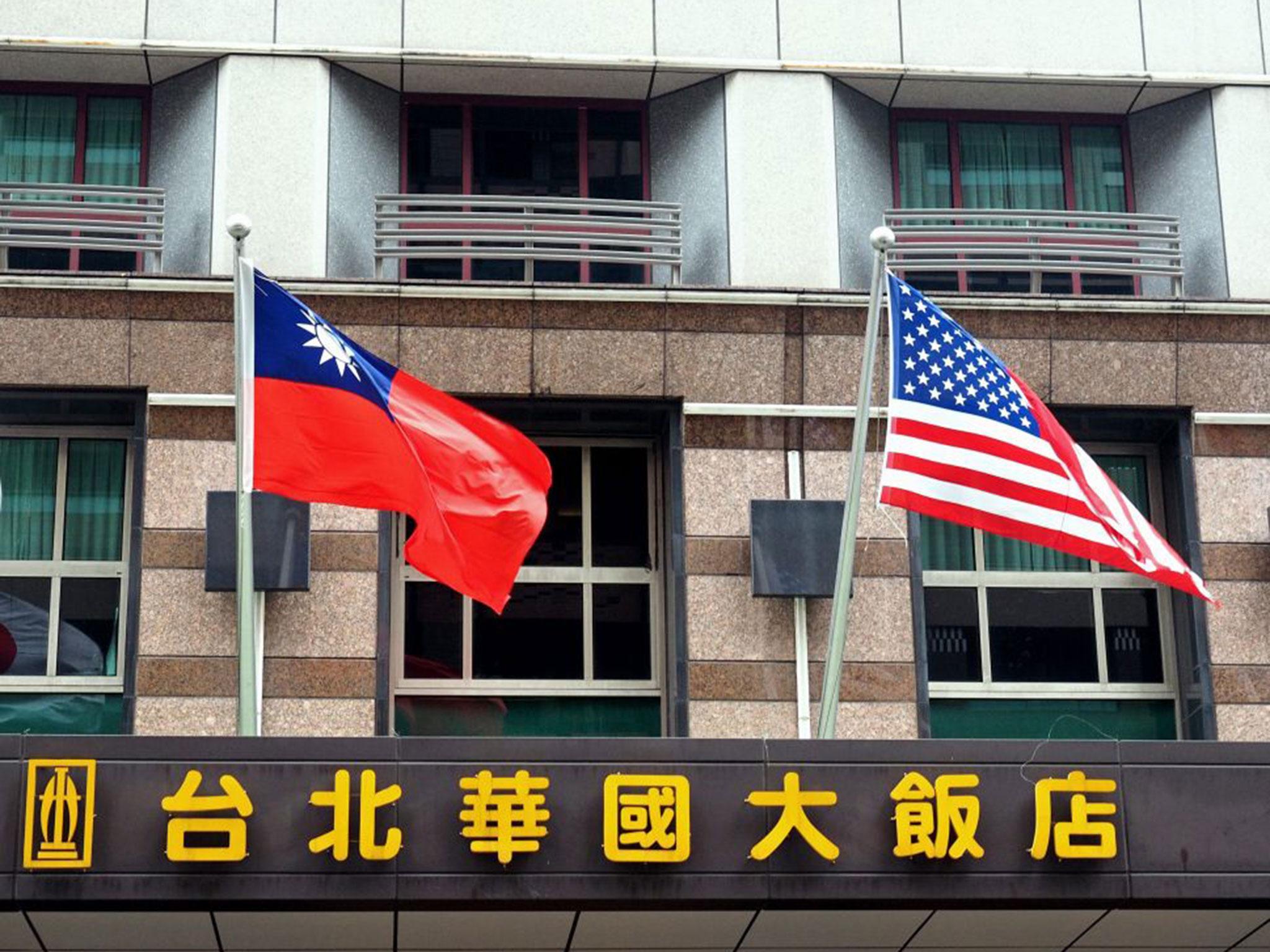One China principle is not negotiable, Foreign Ministry says in response to Donald Trump comments
Beijing sees principle as political foundation underlying all external relations

Your support helps us to tell the story
From reproductive rights to climate change to Big Tech, The Independent is on the ground when the story is developing. Whether it's investigating the financials of Elon Musk's pro-Trump PAC or producing our latest documentary, 'The A Word', which shines a light on the American women fighting for reproductive rights, we know how important it is to parse out the facts from the messaging.
At such a critical moment in US history, we need reporters on the ground. Your donation allows us to keep sending journalists to speak to both sides of the story.
The Independent is trusted by Americans across the entire political spectrum. And unlike many other quality news outlets, we choose not to lock Americans out of our reporting and analysis with paywalls. We believe quality journalism should be available to everyone, paid for by those who can afford it.
Your support makes all the difference.The ‘One China’ principle is non-negotiable, the country’s foreign ministry has said, adding that it forms the political foundation for relations with the US.
The ministry also urged “relevant parties” to be aware of the sensitivity of the Taiwan issue, which is central to the One China principle.
The remarks come in response to Donald Trump’s recent comments to the Wall Street Journal, in which he said that the US approach to One China was up for negotiation -- a statement which most likely caused anxiety in Beijing.
One China has been acknowledged by the US since 1979, when President Jimmy Carter developed closer ties with Beijing, at the expense of contact with Taiwan. He was the last US president to speak to a Taiwanese leader.
The US has since followed the One China policy in international relations, officially accepting Beijing as the only legitimate Chinese government.
The President-elect’s brazen rhetoric in regards to Taiwan has troubled the Chinese government, who have claimed the island for its own since 1949 – giving rise to the One China principle.
In December 2016, Mr Trump accepted a congratulatory telephone call from Taiwanese President Tsai Ing-wen.
Soon after, in a further insult to China, he tweeted: “The President of Taiwan CALLED ME today to wish me congratulations on winning the Presidency. Thank you!”
He went on: "Interesting how the US sells Taiwan billions of dollars of military equipment but I should not accept a congratulatory call."
The Chinese government responded that it was “seriously concerned” by Mr Trump’s approach, which they said threatened their sovereignty and territorial integrity.
Throughout his election campaign, Mr Trump was frequently critical of China, accusing the country of engaging in a "trade war" against the US.
Join our commenting forum
Join thought-provoking conversations, follow other Independent readers and see their replies
Comments